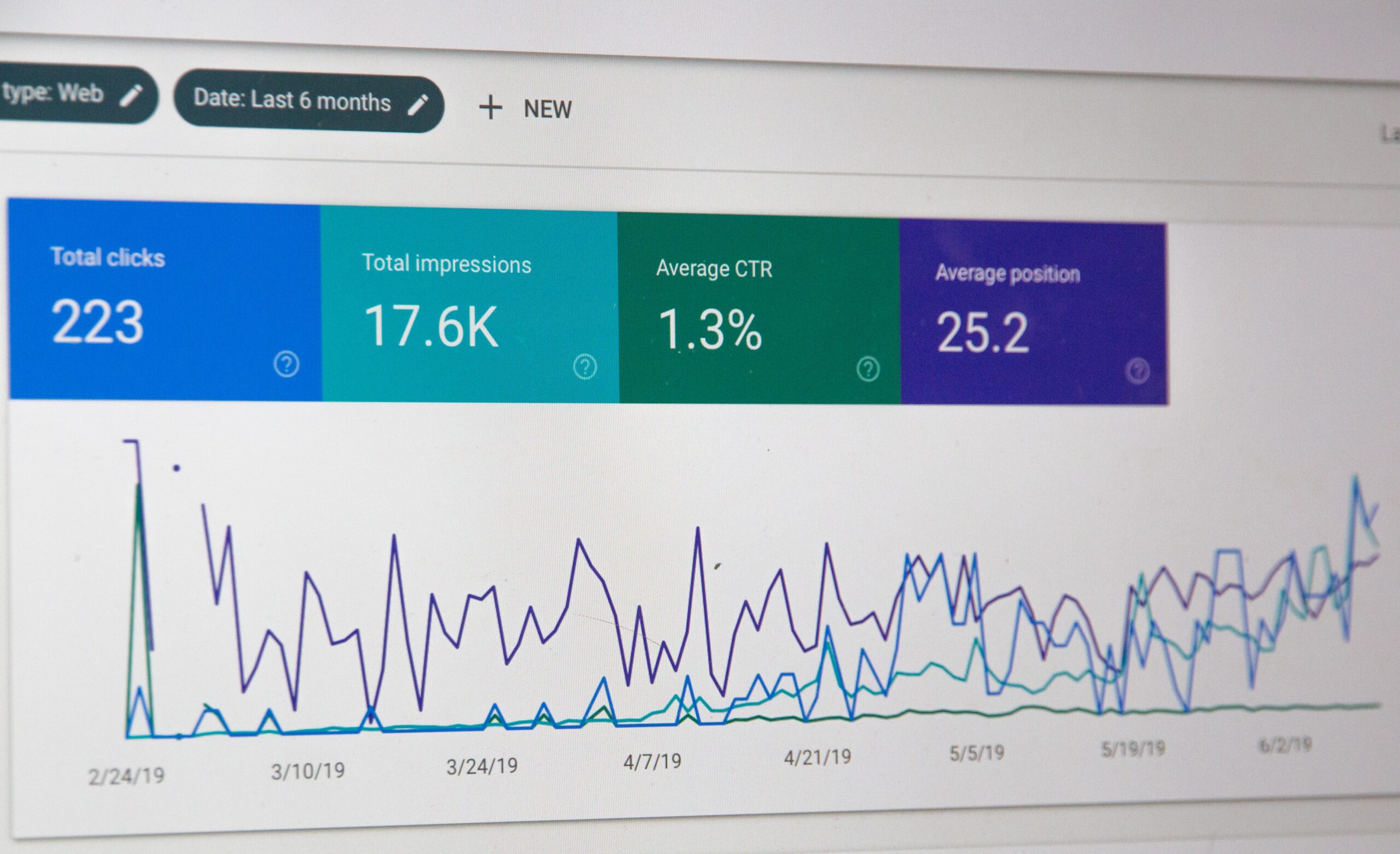In today’s fast-paced digital world, having an online presence is crucial for any business. However, creating a website that’s accessible to everyone, including people with disabilities, is often overlooked. Website accessibility isn’t just about compliance with laws and guidelines; it’s about creating a user-friendly experience for all, enhancing your brand reputation, and opening doors to a broader audience. This article delves into why accessibility is critical for website owners and the various benefits it brings.
Table of Contents
What is Website Accessibility?
Website accessibility refers to the design and development of websites in such a way that all users, including those with disabilities, can access and interact with the content easily. Disabilities that affect web usage can be visual, auditory, physical, cognitive, or neurological. By making a website accessible, you ensure that people using assistive technologies like screen readers, magnifiers, or voice controls can access and engage with your content.
Key guidelines like the Web Content Accessibility Guidelines (WCAG) set standards for making web content more accessible to individuals with disabilities. Complying with these standards not only enhances usability but also protects you from legal challenges.
Why Website Accessibility is Important for Website Owners
1. Increased Reach and Audience Base
One of the most compelling reasons for making your website accessible is the increased reach it offers. According to the World Health Organization (WHO), over one billion people live with some form of disability, which makes up around 15% of the global population. By ensuring that your website is accessible, you’re not excluding a large portion of the population, which could mean significant growth in your user base and potential customers.
Making your website accessible allows people with visual impairments, hearing difficulties, mobility issues, and other disabilities to interact with your content. By broadening your website’s accessibility, you tap into a wider audience, which can improve traffic and conversions.
2. Improved SEO Performance
Search engine optimization (SEO) is essential for driving organic traffic to your website, and accessibility plays a vital role in boosting SEO. Google’s algorithms are designed to reward websites that offer a better user experience, which includes accessibility features. Many accessibility practices align with SEO best practices, such as adding alt text to images, providing descriptive titles, and ensuring proper heading structures.
For instance, when a screen reader can easily interpret the content on a website, it signals to search engines that the website has a clear structure. This can positively impact your website’s ranking in search engine results, driving more traffic and improving visibility.
3. Legal Compliance and Avoiding Penalties
Failure to make your website accessible can result in legal repercussions. Various countries have laws and regulations that mandate website accessibility, such as the Americans with Disabilities Act (ADA) in the United States, Section 508 for federal websites, and the European Accessibility Act. Non-compliance can lead to lawsuits, fines, and damage to your brand’s reputation.
A famous example is the 2019 case against Domino’s Pizza, which was sued for not providing an accessible website for visually impaired users. The U.S. Supreme Court ruled in favor of the plaintiff, setting a precedent for other businesses to ensure their websites comply with accessibility standards.
4. Enhances User Experience
Accessibility and usability go hand in hand. When a website is designed with accessibility in mind, it often results in a better overall user experience for all visitors, not just those with disabilities. Features such as easy navigation, clear headings, well-structured content, and keyboard-friendly controls benefit every user, including those who may not identify as disabled.
For example, captions on videos, initially intended for users with hearing impairments, are frequently used by people in noisy environments or those who prefer reading to listening. In essence, making your website accessible ensures a smoother and more enjoyable experience for everyone, leading to higher engagement and satisfaction.
5. Improved Brand Reputation
An accessible website demonstrates that your business is inclusive and values all of its customers. People are more likely to trust and engage with a brand that takes steps to ensure everyone can access its content. An accessible website sends a strong message that you care about inclusivity, which can build trust and loyalty among customers.
Your brand reputation is directly tied to your values, and inclusivity is becoming an important aspect of brand perception. By prioritizing accessibility, you set your business apart as one that is socially responsible and forward-thinking.
6. Increases Conversions and Sales
Accessibility can directly impact your bottom line by improving conversions and sales. Websites that are difficult to navigate or not accessible to people with disabilities can lead to frustration and abandonment. In contrast, a website that is easy to use for all individuals leads to more positive user experiences and increases the likelihood of conversions.
For eCommerce businesses, the importance of accessibility is even greater. When your website is optimized for accessibility, it ensures that people with disabilities can easily complete actions like making a purchase, filling out forms, or subscribing to services. This not only boosts sales but also reduces cart abandonment rates.
Key Accessibility Practices for Website Owners
1. Use Descriptive Alt Text for Images
Alt text is an important accessibility feature that helps visually impaired users understand the content of an image using screen readers. Always include descriptive and relevant alt text for all images on your website. This not only improves accessibility but also contributes to better SEO.
2. Provide Transcripts and Captions for Multimedia Content
If your website includes videos or audio content, make sure to provide transcripts and captions. This makes the content accessible to users with hearing impairments and also helps people who prefer reading over watching or listening. Captions also improve SEO, as search engines can index text more easily than multimedia content.
3. Ensure Keyboard Navigation
Some users rely on keyboards to navigate through websites due to mobility or visual impairments. Ensure that all interactive elements on your website, such as links, buttons, and form fields, are accessible through keyboard navigation alone. Use clear focus indicators so that users can easily see where they are on the page.
4. Use Clear and Consistent Headings
Organizing content with clear and consistent heading structures not only helps screen readers but also enhances the usability for all users. Headings should follow a logical order (H1 for main titles, H2 for subheadings, etc.) to improve readability and ensure content is accessible for people with cognitive disabilities.
5. Color Contrast and Readability
Ensure that the text on your website has sufficient color contrast with its background so that it is readable for people with visual impairments or color blindness. Tools like contrast checkers can help you determine whether your design meets accessibility standards.
6. Test Your Website for Accessibility
Regularly testing your website for accessibility is crucial. There are various tools available, such as WAVE and Axe, that can help you identify accessibility issues. However, manual testing with assistive technologies like screen readers (JAWS, NVDA, or VoiceOver) is also important to get a true sense of how accessible your website is to users with disabilities.

Conclusion
Website accessibility is no longer optional; it’s a fundamental requirement for any business looking to succeed in today’s inclusive digital landscape. By making your website accessible, you not only comply with legal requirements but also create a more user-friendly experience, improve SEO, and enhance your brand’s reputation. Moreover, accessibility increases your reach and can directly contribute to increased conversions and customer satisfaction.
As a website owner, taking proactive steps to ensure accessibility benefits everyone—your users, your business, and society as a whole. So, prioritize accessibility and make your website a space where everyone, regardless of ability, can engage and participate fully.
We Offer Web & Mobile Accessibility Testing
We at ‘Accessible Zone‘ provide web, mobile and software accessibility testing services. We perform testing manually using screen reader such as JAWS, NVDA & Voiceovers. We also provide VPAT and ACR reports. If you want to use our services do contact us as at contact@accessiblezone.com or you can also schedule a free call with us from here.
